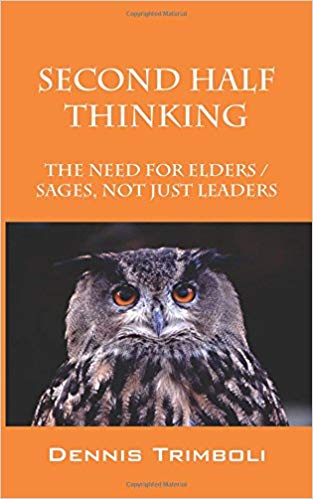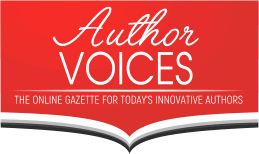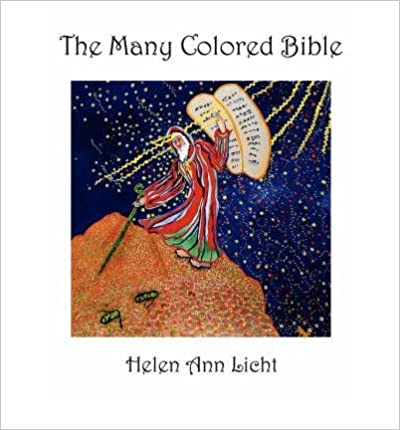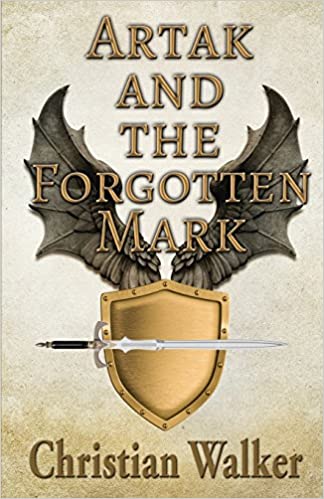Getting to Know Dennis Trimboli
Author of Second Half Thinking

Do you have a website about your writing and if so, what is the address?
I do have a preliminary website. Its’ address is: www.secondhalfthinking.com
Where are you from originally and where do you reside now?
I was born and raised in New York City but currently I reside in South Carolina.
If you currently reside somewhere besides where you were born, what’s the story that lead from there to here?
I was born and raised in New York City and moved to Ohio to attend law school. My goal was to be part of the solution and secure justice albeit in my small corner of the world. To that end I practiced law for 30+ years. As the years passed, I felt incomplete and desired more. I then secured a M.A. in Pastoral Theology. In time, I still desired more. At this point I secured a license as a nursing home administrator in Ohio. However, that career was short lived, and I decided to retire and followed my wife to Illinois in pursuit of her career. While in IL I obtained another degree, a M.S. in Health Care Ethics. After five years she decided to retire, and we moved to South Carolina.
What made you decide to write and publish your first book?
While in retirement, I did a lot of reading in the areas of spiritual and ethical development. I began to take notes and, well, the notes became longer and more specific. Concepts and diagrams began forming and the note writing simply developed into a book – Second Half Thinking, The Need for Elders and Sages, Not Just Leaders.
How would you describe your books to first time readers?
It is a book about character. Most people believe life is about themselves and they act in their own interest. This belief and action often involve their search for fame, money, and lavish toys (e.g., excessive homes and cars). These people call themselves “leaders” and try to have others follow in their footsteps. I call them First Half (FH) thinkers. In my book, I challenge the reader to become an elder, a sage, or a Second Half (SH) thinker. A SH thinker realizes that life if NOT about themselves but about others. Life is about relationships. Sometimes a SH thinker does lead others in business or government, but s/he need not. The life purpose of a SH thinker is to guide others, not themselves, to the other’s greatness. While Second Half Thinking was not intended as a political commentary (as noted in the footnote in chapter 2) it was written during the 2016 presidential race. This event allowed me to take advantage of the politicians’ statements to provide the reader with real time examples of my book’s message.
Who do you feel is most likely to connect with the topics you write about?
Second Half Thinking should attract two types of readers. First, the young student and those recently entering the workforce. The readings about character, empathy, love, gratitude, trust, and hope and their interrelationship with each other will provide the reader with a guide on how they should address life’s upcoming challenges. The second type of reader is for the “suffering individual”. This is someone who has had a “successful life” by Western standards and then one or more devastated events occurred that stops their life as they know it. They cannot continue any longer along life’s path. This devastating event(s) has paralyzed them. They did everything right, checked all of life’s boxes but now everything is lost. They begin to muse about life – its purpose and their involvement with that purpose.
What unexpected or surprising thing did you learn during the process of writing and publishing?
What I found to be surprising in writing Second Half Thinking is the lack of modern-day authors addressing and demonstrating the interconnection between character, empathy, love, gratitude, trust, and hope.
If you could, what advice would you give to past self yourself before embarking on this journey?
I would advise a younger me to read the book and develop principles for my life to come. Early in my career I would compose and reduce to writing an ethical statement addressing goals that I should seek in the years to come; sign it; and renew its commitment regularly (at least yearly). Tweaking it would be acceptable as life develops but, I must stay true to its goals. Mark a recommitment date would be placed on my I would any other important event. Further, I would frame and hang my self-commitment on your wall for the world to see as I would hang a diploma.
How many people would you ideally like to reach with your books?
Ideally, I would like the book to be read by high school and college seniors before they enter the workplace. Further, I believe the book may be helpful for those struggling to discover the meaning of life and their role in it.
What has been the biggest challenge and frustration during the process to date?
My biggest challenge and frustration for me is the lack of interest in the book’s topic. I fear that this could mean that there are a lot more FH thinkers than I originally expected. Society needs more elders, sages, or SH thinkers.
What’s your biggest strengths when it comes to book a) writing, b) publishing and c) marketing?
My biggest strength in the book’s writing was the ability to take multiple topics, organize and synthesis them and then demonstrating their interconnection. My biggest publishing strength was to take somewhat “dry topics” and present them in an understandable and user-friendly fashion for the modern reader. Regarding marketing, I find the book’s availability on Amazon, Goodreads, and Barnes and Nobel both in paperback and e-book formats to be my biggest strength.
What’s your biggest weakness when it comes to book a) writing, b) publishing and c) marketing?
My biggest weakness in book’s writing was keeping up with the news. The book was written during the 2016 political campaign and I frequently used the statements of presidential candidates as examples to for my message. However, given that the news cycle evolves so quickly with social media, I was forced to reopen my “finished” product three times to provide updated examples. In publishing, my biggest weakness was finding an editor. Marketing the book on social media has been a struggle.
When do you think you will you write your next book?
I was contemplating writing a book concerning the great divide in America and the lack of civility both socially and in politics. Upon researching this topic, however I discover that several books have and continue to be written about just this area. Many are very inciteful and well written. Accordingly, I have currently abandoned publishing my thoughts on this topic. When I write, I want to say something new; I do not to write for its’ own sake. After all, to write for self-promotion would be to think as a FH thinker and not a SH thinker.
=======================================================================
In his late 50’s, Dennis Trimboli found himself involuntarily unemployed despite holding three postgraduate degrees. After reading books about suffering, character, love, empathy, etc. he noticed a common thread between the topics that the writers themselves did not address. He opted to change his life. No longer would he strive to be a leader; now he would strive to become an elder.
FEATURED AUTHORS
Worrying if I was telling too many secrets Leaving out so much.
Keep Reading »Writing is an arduous task even when one has all ideas clear in the read more
Keep Reading »Write the book, start marketing (letting people know of it) before you finish.
Keep Reading »









